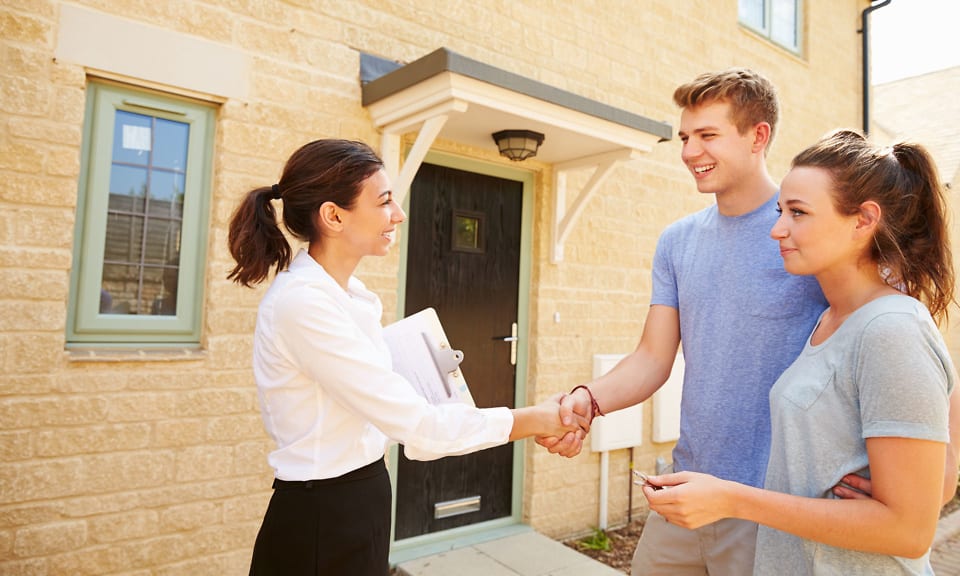When trying to figure out the cost of buying a house, you have a lot of things to consider. These costs range from the initial solicitor’s bills to ongoing costs such as your mortgage and monthly bills. It is very important to understand these costs before making your leap onto the property ladder.

Saving your deposit is one of the biggest costs of buying a house! Your deposit usually needs to be between 5% and 20%. However, saving a larger deposit can help when applying for a mortgage and open up more options.
Some options for the best ways to save for your deposit are;
• Move back in with your family, so your not outlaying any money on rent.
• Budget your spending. Eat at home more, cut down on those takeaways!
• If you’re currently renting, try and find some cheaper accommodation!
• Open up a good savings account. Do some research firth though, find the one with the best interest rate for you!
A mortgage valuation will determine how much the lenders are willing to give you. However, having a mortgage valuation usually costs money.
The cost of this varies on the situation, In some cases, they won’t charge at all. But, more often than not, it will cost anywhere from £100 to £1500. 
Surveys look at the structural stability of the property. Having surveys completed can potentially save you a lot of money in the long run. Surveys identify any problems with the property, which may not be visible to yourself, such as subsidence.
If you find any problems while completing the surveys it may encourage you to carry on looking elsewhere for your first property, or you may want to attempt to negotiate your price down.
However, even though this is a necessity, it’s going to cost you! The price for surveys can cost anywhere from £400-£1400.
Stamp duty land tax is another upfront cost that some first-time buyers have to deal with. It’s between 2% and 12% of the property’s sales price. First-time buyers only pay on the properties costing £300,000 or more. The amount of stamp duty land tax that the buyer pays is entirely based on the price of the sale property.
Having a solicitor who will give you the correct legal advice when buying a property is almost essential. When buying a property, a solicitor will take on many important roles, including dealing with important paperwork and, most importantly, setting the completion date.
Solicitor costs can be anywhere up to £1500. If the solicitor runs local searches, this is an extra cost on top of that, which can sometimes cost up to £400.
If you are thinking about using a friend to help move your belongings, just remember your belongings may not be insured while they are in transit. The better option would probably be to get a professional removal company, although it may cost between £300 and £500.
When the surveys were completed on the property they may have highlighted some areas which may need your attention straight away. Depending on the age of the property, things may need to be replaced even if they are not urgent things, you will need to consider the cost of these issues when proceeding with buying the property.
When purchasing a property there are more than likely going to be some changes that you would like to make to the property. Putting your mark on your new place is going to cost you. If it’s an old building the walls may need new plaster and paint. 
Those who haven’t owned their property before may not be familiar with insurance. However, usually having buildings insurance on the property will be a requirement of the mortgage lender. Another thing that we recommend is that you get some contents insurance, which will protect your belongings.
From water to electricity to council tax, there are many bills that you need to consider when deciding whether to buy your property, which will need to be paid continuously. The council tax you will pay is based on where you live, and the valuation of the property. Before deciding which utility provider to go with, you should always compare the fees, against other providers, this will ensure you are not paying more than you should be.
Is your property leasehold or freehold? This is an essential question to ask, as if it is a leasehold property, you will have to pay ground rent on your property every year.








